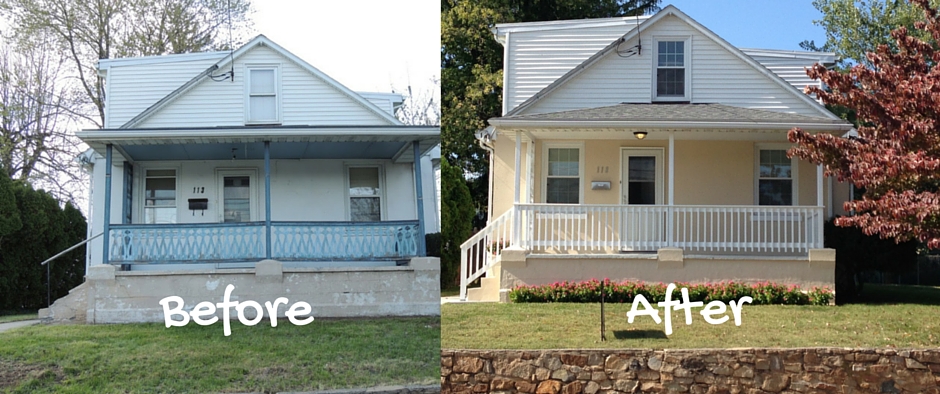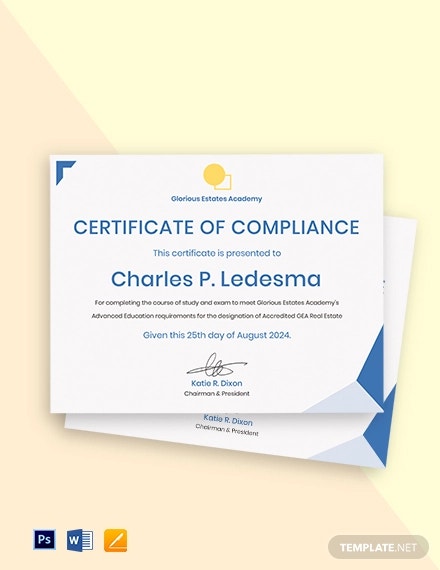
New York is a place where a typical realty commission is split between the buyer's agent and the listing agent. This means that the buyer's and listing agents earn 3% each, respectively. Sometimes there may not be a buyer's broker, and the listing agent receives the full 6% commission. Agents are responsible for selling over 95% NYC listings. The listing agent usually signs a contract for the seller to sell the property.
Flat fee
New York's property market is quite unique in comparison to other parts. On listings you may see "No Fee", "No Brokers Fee" or "No Fee Listings". However, if your apartment is rented, you will need pay the real estate agent between 8% and 15% of your annual rent. New York's average real estate agent commission rate is 12%. You can save thousands of dollars by avoiding paying a commission.

Buying or selling a home? The commission is usually paid by the seller at the closing. You will not have to pay commission if your house is "For Sale By Owner". You will still pay a flat fee to get your listing listed on the local MLS, just like all the others. This flat fee listing will include information about the seller as well as show instructions.
Brokerage fees
The Consumer Federation of America issued a report on differences in real-estate commission rates across New York City. The report found huge differences in commission rates from one area to the next. The average buyer agent rate was between 1% and 3 percent in Manhattan. This gap in total compensation was even greater as Manhattan homes cost much more than Brooklyn homes.
The fees charged by New York real estate brokers are negotiable. Though brokers usually set their fee at 15%, many buyers and sellers are willing to pay a lower fee. Brokers may be more willing to pay a lower price if you are moving quickly, have all the paperwork in place, and have a large deposit. This is because brokers must assess the level of competition in their area.
Dual agency
Dual agency is a legal arrangement in real estate in which a real estate agent works for both the buyer and seller. Dual agency has both pros and cons. It can speed up the process of the transaction by resolving questions faster. This arrangement can benefit sellers and buyers with extensive experience.

The overall transaction costs can be reduced by using dual agency. Often, dual agency can result in a saving of one to two per cent on the commission. The parties involved have more negotiation flexibility.
FAQ
Which is better, to rent or buy?
Renting is generally cheaper than buying a home. But, it's important to understand that you'll have to pay for additional expenses like utilities, repairs, and maintenance. There are many benefits to buying a home. You'll have greater control over your living environment.
What should you look out for when investing in real-estate?
First, ensure that you have enough cash to invest in real property. If you don’t save enough money, you will have to borrow money at a bank. It is important to avoid getting into debt as you may not be able pay the loan back if you default.
Also, you need to be aware of how much you can invest in an investment property each month. This amount should cover all costs associated with the property, such as mortgage payments and insurance.
Finally, ensure the safety of your area before you buy an investment property. It would be a good idea to live somewhere else while looking for properties.
What are the downsides to a fixed-rate loan?
Fixed-rate loans are more expensive than adjustable-rate mortgages because they have higher initial costs. A steep loss could also occur if you sell your home before the term ends due to the difference in the sale price and outstanding balance.
Do I need a mortgage broker?
A mortgage broker is a good choice if you're looking for a low rate. Brokers work with multiple lenders and negotiate deals on your behalf. Some brokers do take a commission from lenders. Before you sign up for a broker, make sure to check all fees.
How can I tell if my house has value?
It could be that your home has been priced incorrectly if you ask for a low asking price. If you have an asking price well below market value, then there may not be enough interest in your home. You can use our free Home Value Report to learn more about the current market conditions.
What amount should I save to buy a house?
It depends on the length of your stay. If you want to stay for at least five years, you must start saving now. But if you are planning to move after just two years, then you don't have to worry too much about it.
Statistics
- When it came to buying a home in 2015, experts predicted that mortgage rates would surpass five percent, yet interest rates remained below four percent. (fortunebuilders.com)
- This seems to be a more popular trend as the U.S. Census Bureau reports the homeownership rate was around 65% last year. (fortunebuilders.com)
- 10 years ago, homeownership was nearly 70%. (fortunebuilders.com)
- This means that all of your housing-related expenses each month do not exceed 43% of your monthly income. (fortunebuilders.com)
- Private mortgage insurance may be required for conventional loans when the borrower puts less than 20% down.4 FHA loans are mortgage loans issued by private lenders and backed by the federal government. (investopedia.com)
External Links
How To
How to Find Houses to Rent
People who are looking to move to new areas will find it difficult to find houses to rent. Finding the perfect house can take time. When you are looking for a home, many factors will affect your decision-making process. These factors include the location, size, number and amenities of the rooms, as well as price range.
You should start looking at properties early to make sure that you get the best price. Also, ask your friends, family, landlords, real-estate agents, and property mangers for recommendations. This will allow you to have many choices.